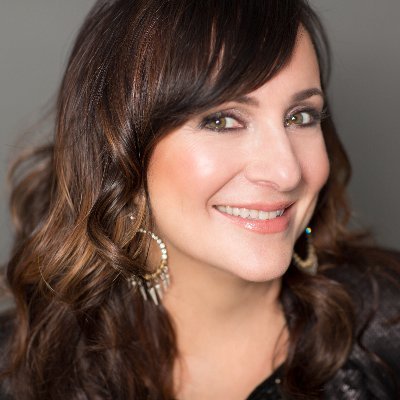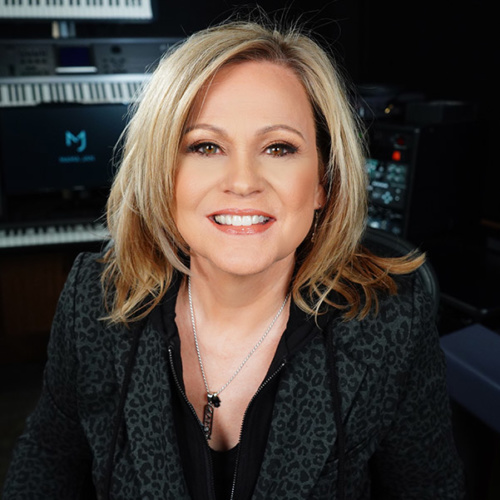Cari Cole
Celebrity vocal coach, artist development expert, and new music business mentor Cari Cole is reimagining how we invest in the future of music through rethinking how we value our artists.
As a thought leader, Cari is helping to shift the music business paradigm back to being more artist-driven by raising the bar on the quality of independent music one artist at a time. In the current music industry climate, when resources available to empower and nurture talent are slim, her robust platform offers singer-songwriters a gateway to a professional life in music.
Cari’s comprehensive program for artistic success includes vocal coaching, artist development, and new business mentoring. Informing these offerings are principles from psychology, holistic health, new media marketing, and personal branding. Clients can study under Cari in a multitude of settings, including private and group sessions, and interactive educational opportunities.
Central to all of Cari’s work is her warm candor, uplifting outlook, humility, empathy, and her profound life journey of reinvention. It’s these qualities that have earned her the affectionate nickname “Mama Lion” by her students.
“I am here to inspire people to unlock their brilliance and create without fear,” she explains. “I am often the one to tell artists what’s not working, what they may not want to hear, but in such a way that greatly accelerates and enhances their progress in a constructive, but compassionate way.”
Cari’s own music career accomplishments extend into diverse arenas. In the realm of vocal coaching, she is one of the most in-demand instructors in the profession. Her work is distinguished by its focus on the techniques that define contemporary commercial vocal styles. It’s an approach that has been recognized by prestigious academic institutions and some of modern music’s biggest stars. She’s taught at Columbia University, NYU, and was on the Board of Directors of NYSTA (New York Singing Teachers Association) for several years. In addition to a rich roster of select emerging and independent artists, her clientele also includes such legends as Courtney Love and the band Journey, Grammy winners Donald Fagen/Steely Dan and Chrisette Michele as well as singer-songwriters Diane Birch and finalists from the hit TV series American Idol and The Voice. Her unique method’s focus on health and wellness tenets has garnered her referrals from doctors to treat vocal ailments such as nodules holistically. Cari is currently writing a breakthrough book for vocalists that explains her results-driven techniques and philosophies.
As an artist development expert, Cari’s transformed the career of numerous musicians by that compassionately critical voice. “As the industry has been downsizing, artists are losing the benefit of getting the chance to incubate. They need the opportunity and the extra push to deepen their work, she explains. Her authority in this capacity has made her a popular speaker at some the industry’s most distinguished forums, including the CMJ Music Marathon and The Grammy Foundation. Cari’s work as a beloved and trusted vocal coach, talent developer, and business owner have enabled her to formulate viable strategies for artists to develop sustainable lives in music. “I’ve worked with celebrities and artist becoming famous, witnessing the stories—how things happen for artists. Through having an insider view, I’ve been able to identify many key factors the successful artists have in common that I can pass along to help guide my artist development clients,” she says. Cari’s also formally studied trends in marketing to empower her clients with personal branding ideas and new media essentials to further their careers.
Cari Cole, the artist, at 40 years old, released the enlightening and award-winning CD Circle Of Fire, a transformative musical statement based on the New York Times bestselling book The Four Agreements by Don Miguel Ruiz. She was signed to a record deal with the publisher of The Four Agreements, and Circle Of Fire went on to sell over 40,000 records worldwide.
Cari’s personal story is both fascinating and inspiring. Orphaned at two, followed by a few years in a foster home, she grew up with her aunt and uncle in a musical household where she learned the fundamentals of music studying classical guitar and flute at the age of 6 on. At fifteen, she boldly left home and left high school early to embark on a self-made spiritual journey that included hitchhiking cross country, hippie gatherings with American Indians, the struggling artist/ bartender/waitress routine, and, finally, an epiphanic period studying voice with her mentor renowned vocal coach Katie Agresta (Cyndi Lauper, Bon Jovi, Aerosmith and the Dave Matthews Band). Through her studies with Katie, Cari became one of Katie’s celebrated teachers, found her own calling as a celebrated vocal coach, and reinvented herself as the artistic authority she is today.
“It’s my mission that no artist be left undiscovered. That every artist has the equal opportunity to become the vision they behold.”










